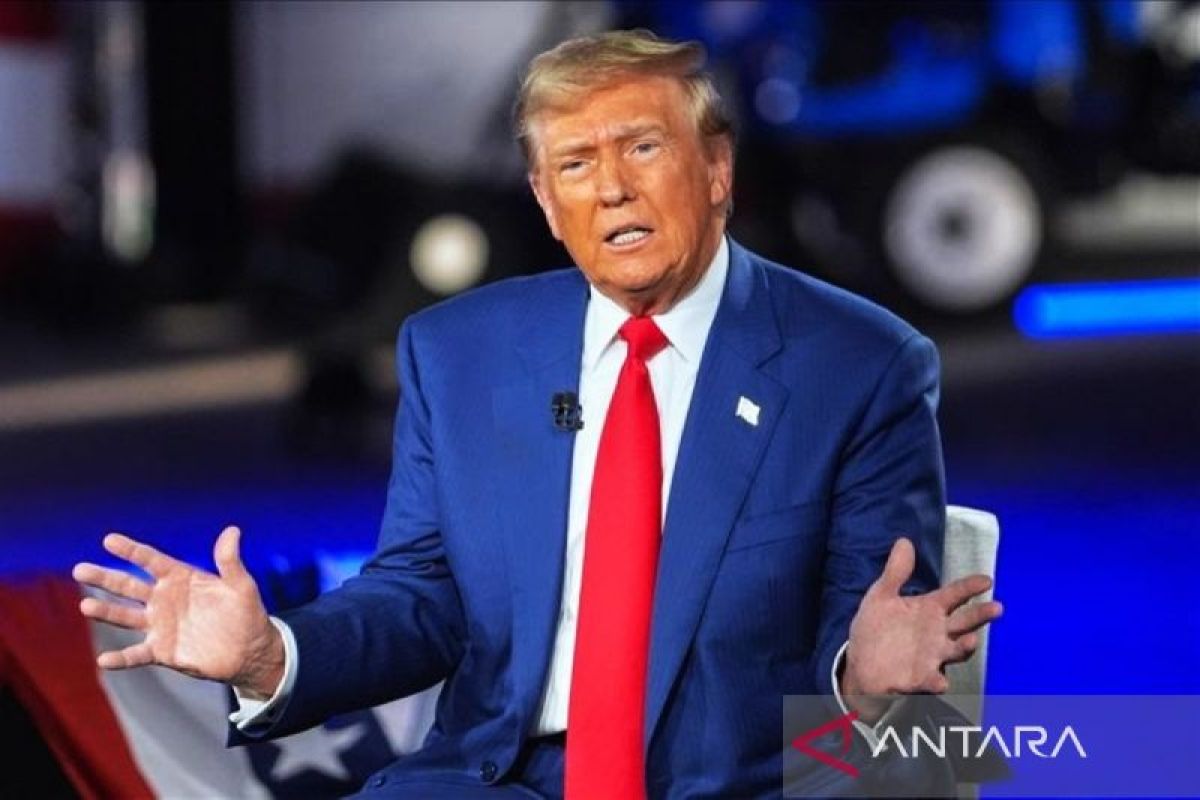How Does Indonesia's KPPU Fine Foreign Companies Like Google?
Google can be penalized in Indonesia through KPPU despite being a foreign company. Healthy business competition should not be violated.

TEMPO.CO, Jakarta - Indonesia’s Business Competition Supervisory Commission (KPPU) recently found Google Limited Liability Company (LLC) guilty of violating competition laws in Indonesia.
This decision attracted public attention as it shows that the KPPU has great power to enforce Constitution (UU) No. 5/1999 on the Prohibition of Monopolistic Practices and Unfair Competition, including against foreign companies such as Google.
Google and Google Play Billing Case
Google was found to violate its Google Play Billing (GPB) payment system policy for apps distributed through the Google Play Store. This policy, which took effect on June 1, 2022, requires app developers to use GPB to purchase digital products or services. In addition, Google prohibits the use of alternative payment methods, which is considered detrimental to local app developers and consumers in Indonesia.
The KPPU Commission found that this policy violates Article 17 and Article 25 (1)(b) of Law No. 5/1999. Article 17 prohibits market control that results in monopolistic practices, while Article 25 (1)(b) prohibits the abuse of a dominant position to restrict technological development.
The Commission found that this policy violated Article 17 and Article 25 (1)(b) of Law No. 5 Year 1999. Article 17 prohibits market control that results in monopolistic practices, while Article 25 (1)(b) prohibits abuse of dominant position to limit technological development.
In the verdict read on Tuesday, January 21, 2025, the KPPU imposed a fine of Rp202.5 billion on Google. In addition, the KPPU ordered Google to stop the mandatory use of Google Play Billing and to allow developers to use other payment systems through the user choice billing program, which provides incentives to reduce service fees by up to 5 percent.
Legal basis and powers of the KPPU
Adapted from journal.fh.unila.ac.id, the KPPU is an institution tasked with overseeing the implementation of UU Number 5 Year 1999. The Law was designed to prevent monopolistic practices and create healthy business competition for the benefit of consumers and business operators. In carrying out its duties, the KPPU has the authority to:
- Impose administrative sanctions for violations of business competition.
- Advise the government on economic policies.
- Develop and implement regulations on business competition.
The KPPU also has the authority to hear competition cases, including those involving foreign companies operating in Indonesia. In the context of the Google case, although Google is a foreign company, its policies applicable in Indonesia are subject to local law.
Why can the KPPU act against foreign companies?
Quoted from ojs.uajy.ac.id, foreign companies such as Google that operate in Indonesia must comply with the applicable regulations in this country. In Google's case, the requirement to use Google Play Billing is considered to be detrimental to local businesses and consumers, and thus contrary to the principles of fair business competition as stipulated in UU No. 5 Year 1999.
KPPU has a strong legal basis to take action against foreign companies that violate the rules, namely:
- The principle of territorial jurisdiction: Any business activity that may impact Indonesia's territory can be supervised by the KPPU, regardless of the company's country of origin.
Protection of local businesses: KPPU is responsible for ensuring that local economic actors are not harmed by foreign companies' policies or business practices.
Balancing interests: The enforcement of business competition law aims to balance the interests of consumers, business operators, and the national economy.
Despite the KPPU's great power, enforcement against foreign companies often faces challenges, such as:
- The absence of the company from the proceedings, as was the case with Google.
- The limited facilities of the KPPU, which still has limited representative offices in several regions.
- The unclear position of KPPU as a state institution in UU No. 5 Year 1999, may affect the implementation of its functions and duties.
Dian Rahma Fika contributed to this article.
Editor's Choice:
to get the latest news updates from Tempo on Google News



















